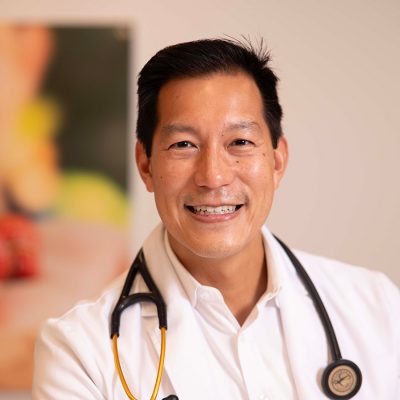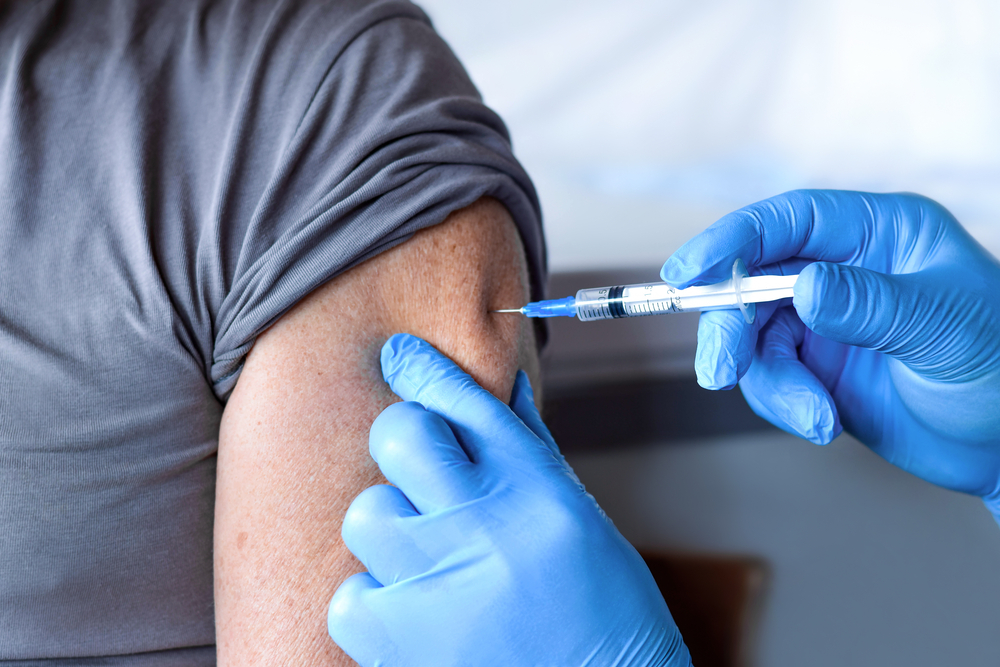Open Door partners with organizations in the communities we serve to deepen the impact of our services. This article features a longstanding important relationship between Open Door Family Medical Center and Family Services of Westchester as both organizations work to address significant mental health challenges faced by patients in local communities.
Behavioral health therapists at Open Door Family Medical Center viewed Marilyn (not her real name) as “a child with really significant mental health needs.” The 14-year-old, however, who lives with her mother in a multi-family apartment in Westchester County, needed advanced care but couldn’t be hospitalized to get advanced care for several weeks because she had Covid-19.
“In the meantime, we were working hard to contain the mental health needs of this child in an outpatient setting,” said Shonny Capodilupo, Senior Director of Behavioral Health Services at the 50-year-old federally qualified health center. “The anxiety level of her mom, who was trying to keep it all under wraps because she didn’t want to get kicked out of the apartment, was sky high. Meanwhile, at the same time, this child was literally falling apart. Marilyn was engaging in extremely high-risk behaviors that were dangerous not only to her, but the entire house. These are the kind of scenarios that have been happening.”
Mental health disorders among teens have surged in recent years. In 2019, 13% of adolescents nation-wide reported having a major depressive episode, a 60% increase from 2007. Suicide rates among teens during this time jumped nearly 60%, according to the Centers for Disease Control and Prevention.
May is Mental Health Awareness Month, a good time to look at the increase in the mental health of teens locally. While the mental health status of teens has become more precarious and even predated Covid-19, the pandemic has greatly exacerbated the situation. Referrals have increased significantly.
“We’re seeing this in national data, and we’re also seeing it locally,” said Karen Fink, Executive President of Clinical Services at Family Services of Westchester (FSW). “We’re seeing an increase in referrals, while hospital beds are filled with adolescents.” These referrals, she said, are teens with depression and anxiety, with suicidal ideation and non-suicidal self-harm behavior. As an example, Behavioral Health Services at Open Door Family Medical Center had 10 high-need, high-risk adolescents referred to hospitals in 2019. In 2021, that number skyrocketed to 66.
Capodilupo blames this on the disconnect teens have experienced from their peer systems and structure of school due to the pandemic. Many teens, particularly those living in communities of color, have also experienced a high level of grief from the death of family members (many more so than those in more affluent communities). This was due, at least in some part, to smaller living quarters and the inability for many of their parents to work from home.
“You had kids that were anxious about school to begin with and that anxiety level just blew up,” she said. “You pulled them out of school and then put them back in and then pulled them back out again. All their extracurriculars were eliminated. You are doing academics remotely and kids are making fun of each other online. All of that pressure is like a powder keg. And now we’re seeing the consequences of that.”
Added Fink, “There was the loneliness factor and the disconnect factor that we haven’t seen before. So even kids who were healthy and didn’t have a family member die, are having mental health struggles now.”
Resources remain tight as waiting lists to see a therapist or be admitted to a hospital are long. Telehealth has provided a silver lining of sorts, bringing down the barriers for many to receive treatment – alleviating needs for transportation, parents missing work, childcare – but is not the same as an in-person visit, acknowledged Capodilupo. “Although not the same as in-person care, telehealth often allows for services to be accessed when otherwise they would not be possible. As such, it can lead to improved outcomes through more consistent treatment adherence.”
The benefits of school-based health centers, which have always played a critical role in monitoring the physical and mental health of children, were compromised when schools went remote. This was especially apparent in places like Ossining and Port Chester, where Open Door runs the Nita M. Lowey Centers for Health in Schools.
“The school-based health centers have always reached kids where they are,” said Fink. “They treat the whole child and provide a wider lens. If you are worried about someone, you wait outside the classroom to make sure they are okay. You have the ability to do those check-ins for kids or see if they are absent. It makes it so much easier for the parent. There are eyes on them.”
Behavioral health specialists say parents can make a difference in their child’s health by recognizing any changes. “Knowing your child, having that foundational relationship with your child, is an enormous protective factor,” said Capodilupo. “Are they isolating? Do they have somatic complaints (about their stomach or head hurting)? Are they sleeping too much or too little? Are they avoiding family interactions? Are they avoiding school? These are the red flags that a parent should pay attention to.”




